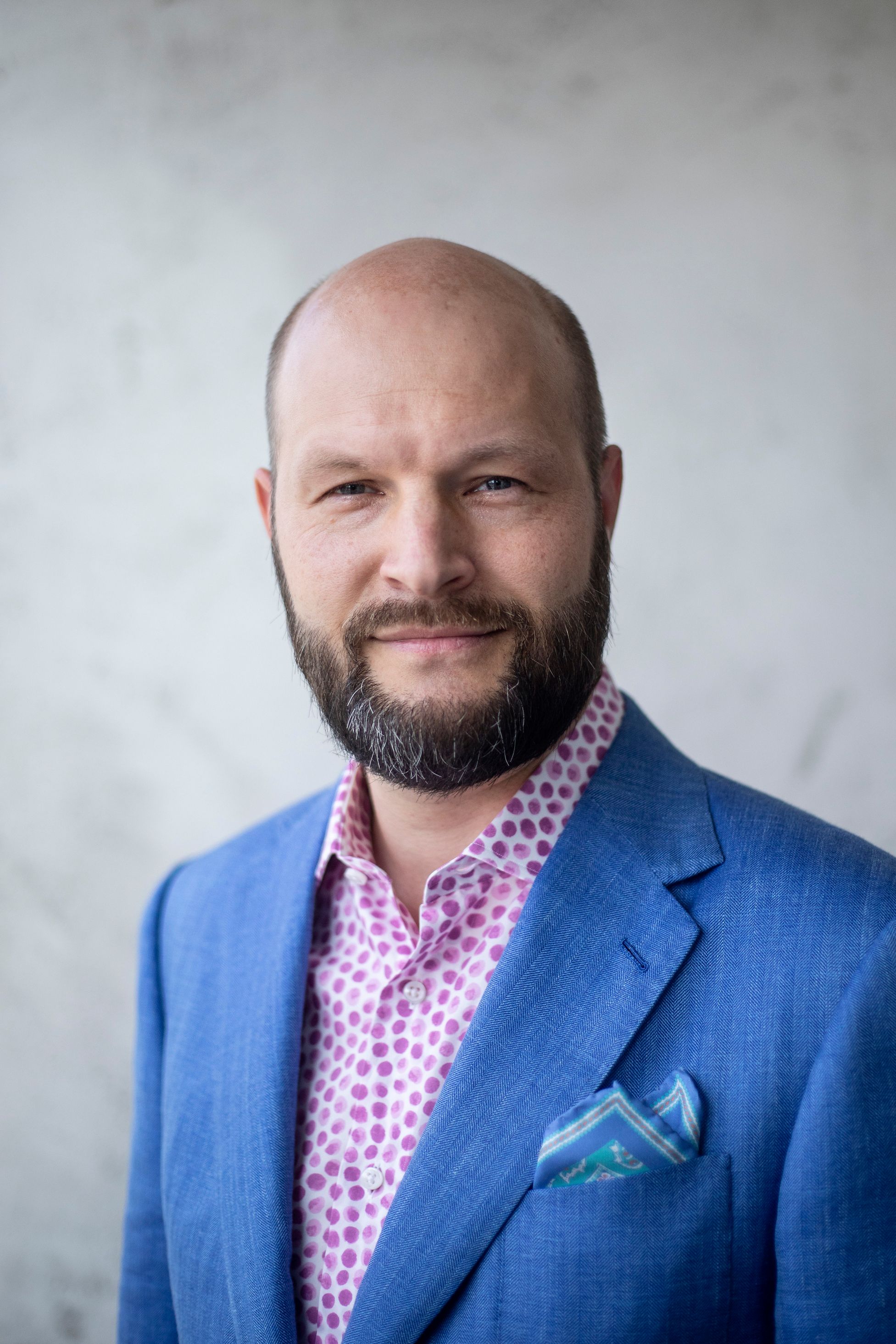Ondra has created a data management framework that is used by hundreds of companies around the world and has taught how to properly manage information in the Czech Republic, the Netherlands, Singapore, and Canada. He has now shared his rich experience in an interview.

Ondra, how did you get involved in data in the first place?
Quite prosaically, actually – at the University of Economics. I was wondering what direction I would take in my career, and the management of information systems specialisation was just opening up for students from other faculties as well. At that time, IT was still relatively in its infancy and I told myself that I would study a modern field with interesting job opportunities.
You work as a data management expert in our Lighthouse team. What do you do in the Lighthouse?
We have several areas of expertise in the Lighthouse: data management and governance, data architecture, reporting, advanced analytics, AI and robotics or innovation. I deal with the first one. We create data strategies for clients, set up information architecture, and teach companies how to take care of data quality in the broadest context and determine responsibility for it. We also help with solutions for metadata, master data, and business intelligence. Of course, other topics such as data integration, operations, data security, and document and web content management are also related to all this.
With what types of problems do clients come to you?
Clients come to us with three types of needs. Firstly, they are trying to directly address a data problem. For example, they have problems with data quality, they don't know where they have data, or they have data but don't know what to do with it. Secondly, they have been subject to some regulation, such as the GDPR or ESG (a new banking regulation on environmental and social factors and sustainable management), which requires, e.g., better risk management or regular reporting. To comply with the regulation, they also need data management services, such as setting up data governance, documenting the meaning of data, and ensuring data quality. The third and final reason is the need to pursue advanced analytics or AI. With such projects, up to 80% of the time is again spent on data preparation. The remaining 20% is spent on the "sexy" stuff.
What projects are you currently working on?
We are now helping a client in the automotive industry to monetise their data. We showed them how to exchange data with the market and thus get to know their customers better.
In other projects, we address how to set up data governance for a large international company, how to approach the chief data officer role, or how to ensure the quality of client data and avoid the costs associated with the inability to contact them.
The Czech Lighthouse is a global centre of excellence in data management. What did we do to earn this?
In the Czech Republic, we developed a global KPMG framework called Advanced Data Management (ADM), which defines all the aspects of data management a company must control. With ADM, we can also measure a client's data maturity and compare the results with other companies, both Czech and foreign. Thanks to the framework, we immediately know what we need to improve in the company. We have trained Advanced Data Management know-how all over the world, for example in Montreal, Amsterdam, and Singapore. Now we run the Data Management and Digital Governance Capability Network from the Czech Republic, headed by my colleague Saša Andiľová. Through this community, we advance the skills and knowledge of the entire KPMG global network. We are often hired as experts by international teams. For example, in the last year, I was involved in projects for an energy company in Greece and a financial services company in the UK. We currently have projects in France and Switzerland. I think we can feel legitimately proud of our top position.
You've also had more exotic work experience in Kazakhstan. What was the reason they hired you?
About four years ago, Kazakhstan's president decided that Kazakhstan would be an advanced information society by 2022, and since most local companies are owned by a semi-state fund, they were given the task of dealing with data. One of the companies enlisted KPMG to help them and wanted to use the informal bible for data management, DAMA – Data Management Body of Knowledge. Our Kazakhstan office was thus looking for someone in the KPMG network with the CDMP (Certified Data Management Professional) certification from DAMA, and that's how they came across me. In fact, I was the only one with this certification within the global KPMG network. In the project, I was the expert guarantor and I always travelled to Kazakhstan for a week or a fortnight. I determined the direction of the project and defined the concepts, which were then refined by my – by the way, very skilful – colleagues from Kazakhstan.
Is CDMP certification still that exceptional?
Yes, it is. So far, I am the only one in the Czech Republic with this certification, but other colleagues of ours are already working on it. Obtaining it is very challenging, and maintaining it is equally challenging. I have to undergo regular training, publish articles and recertify regularly.
